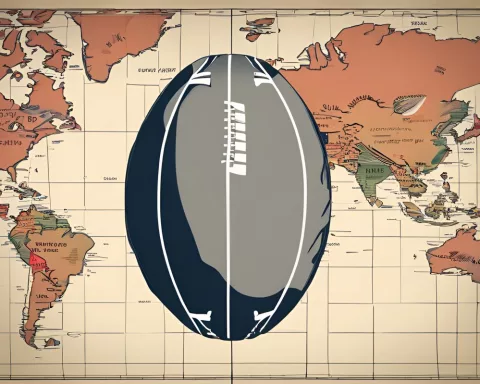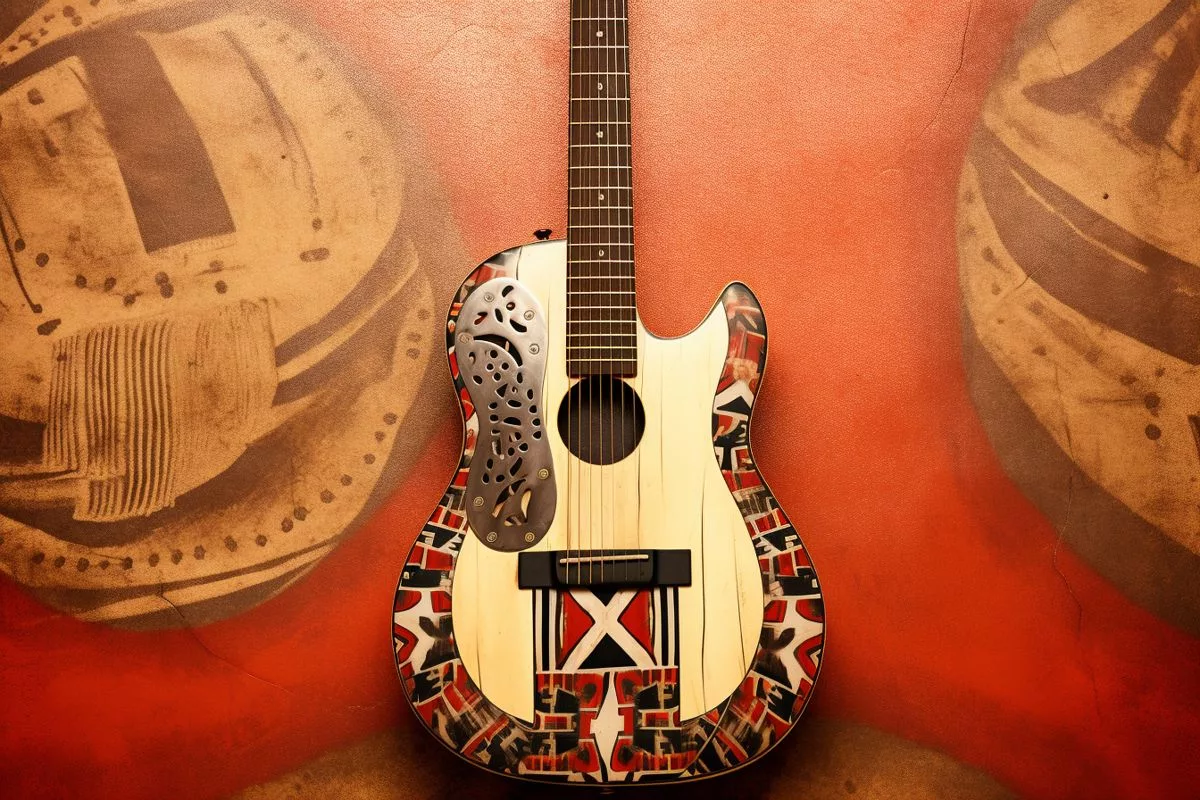The United Rugby Championship (URC) presents a unique challenge for South African teams due to the complexities of long-distance travel. Despite some victories, the South African franchises have generally struggled in away games, while performing better on home turf. Bulls have emerged as the dominant team from South Africa, while individual players like Aphelele Fassi and Emile van Heerden have showcased their talents. The URC is not just a showcase of rugby skills, but also a testament to the resilience of teams as they grapple with geographical challenges.
The Trans-Hemispheric Challenge
The United Rugby Championship (URC), which involves South African teams, presents a unique dilemma wrapped in the complexities of inter-hemispheric, long-distance travel. This taxing trek presents a captivating cycle of successes and setbacks for the competing squads, with South African teams seemingly absorbing the brunt of this geographically-induced predicament.
The Trans-Hemispheric Challenge
The United Rugby Championship (URC), which involves South African teams, presents a unique dilemma wrapped in the complexities of inter-hemispheric, long-distance travel. This taxing trek presents a captivating cycle of successes and setbacks for the competing squads, with South African teams seemingly absorbing the brunt of this geographically-induced predicament.
Within the ranks of the South African franchises, 16 league games have been executed in the northern hemisphere within the current season, ending in 13 losses. The Stormers, a team that has regularly appeared in the finals over the past couple of seasons, encountered a disheartening European tour in the previous month, succumbing to defeat in all four matches. The Sharks, another potent South African contender, experienced a similar downturn at the campaign’s commencement.
The Ups and Downs of South African Teams
Nevertheless, not all South African squads have encountered such a grim run. Indeed, Bulls and Emirates Lions have managed to instill some delight with their foreign victories. Bulls logged triumphs against Cardiff Rugby and Zebre Parma, while Emirates Lions scraped together a last-minute victory against the Scarlets. However, these victories fail to conceal their overall losses, casting a somewhat somber impression of South African rugby‘s northern hemisphere expedition.
Journeying to South Africa has proven to be a more formidable challenge for the teams. Barring Connacht, who secured a win against the Sharks in Durban in the fifth round, the remaining cross-hemisphere matches executed on South African terrain have generally favored the native teams. The margins of victory have frequently been substantial, with six URC games witnessing South African franchises scoring over 50 points on home turf.
Standout Performers and Unyielding Resilience
Bulls have emerged as the dominant team from South Africa, securing five wins in seven matches and claiming the third spot in the league table. With an astounding total of 272 points and 37 tries, they have displayed their formidable offensive skills, outpacing all other teams in the league.
On the other hand, the Sharks languish at the 15th position with just a single win to their credit. Yet, individual brilliance glimmers even amidst their collective struggle. Aphelele Fassi and Emile van Heerden lead in metrics for the most meters run and the most lineouts won, respectively.
The Bigger Picture: Insights and Resilience
The experiences of these teams in the United Rugby Championship highlight an important observation. When it comes to trans-hemisphere rugby, away games present a daunting challenge. This trend is palpable, not only in the URC but also in the initial two rounds of the Champions and Challenge Cup, where no European team managed to secure a victory on South African soil.
The United Rugby Championship is more than just a showcase of rugby skill and strategic acumen. It is also a testament to the resilience of teams as they grapple with geographical challenges. Despite their losses, the South African franchises continue to compete with unwavering resolve and tenacity. Their victories may be infrequent, but their ardor for the sport and their unswerving determination in the face of adversity are victories in themselves.
The journey of these teams—their struggles, their triumphs, their highs, and lows—is as integral to the game as the final score. It serves as a reminder that in sports, as in life, the journey holds equal, if not more, importance than the final destination.
1. What is the United Rugby Championship (URC)?
The United Rugby Championship (URC) is a rugby competition that involves teams from different countries, including South Africa. It presents a unique challenge for South African teams due to the complexities of long-distance travel.
2. Why do South African teams struggle in away games?
South African teams struggle in away games due to the complexities of long-distance travel and the challenges of adapting to new environments. Despite some victories, South African franchises have generally struggled in away games, while performing better on home turf.
3. Which South African team has emerged as dominant in the URC?
Bulls have emerged as the dominant team from South Africa in the URC, securing five wins in seven matches and claiming the third spot in the league table.
4. Who are some standout performers in South African teams?
Individual players like Aphelele Fassi and Emile van Heerden have showcased their talents in the URC. Fassi leads in metrics for the most meters run, while van Heerden leads in the most lineouts won.
5. What does the URC highlight about trans-hemisphere rugby?
The URC highlights that away games present a daunting challenge for teams in trans-hemisphere rugby due to the complexities of long-distance travel. This trend is palpable not just in the URC but also in other rugby competitions.
6. What does the URC showcase besides rugby skills?
The URC is not just a showcase of rugby skills but also a testament to the resilience of teams as they grapple with geographical challenges. Despite their losses, the South African franchises continue to compete with unwavering resolve and tenacity, showcasing their unswerving determination in the face of adversity.












